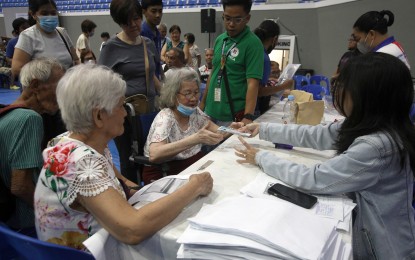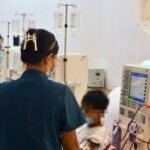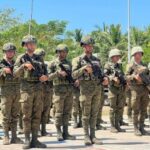MANILA – The National Commission of Senior Citizens (NCSC) has assured the public of its strong commitment to safeguard the welfare of older Filipinos, highlighting the successful implementation of the Expanded Centenarians Act and related programs for indigent seniors.
The NCSC Chairperson and Chief Executive Officer said the agency has established a system to ensure transparency and accountability in the distribution of benefits, with trained personnel in regional offices, regular monitoring, and liquidation in compliance with the Commission on Audit (COA).
“It’s not being coursed through anywhere, neither it is being through any PayMaya or GCash. Our people on the ground actually hand over the money. Seniors are very happy when they see the cash being counted in front of them and held in their hands,” the official said in an interview.
It was recalled that the program was officially launched in Malacañang last Feb. 26, with the President personally witnessing the rollout.
Initial feedback showed that many beneficiaries used the grant for medicines and food, while others deposited it in banks for future needs.
“Our older persons are really happy because they realize the government values them,” the official added.
Challenges in delivering benefits to seniors in far-flung areas were acknowledged, but it was stressed that the NCSC works closely with other government agencies to provide transportation, security, and manpower.
“This again showcases the whole-of-government approach,” the official said.
The NCSC continues to accept applications through local Offices of Senior Citizens Affairs (OSCA) and social welfare offices, with the regional and central offices validating and cross-checking data to prevent duplication.
Under the Expanded Centenarians Act, signed into law in 2024, Filipino senior citizens are entitled to PHP100,000 upon reaching the ages of 80, 90, and 100, compared to the previous law which granted the benefit only at age 100.
The measure was designed to ensure that more elderly Filipinos benefit from the cash incentive while they are still alive and able to use it.
Beyond cash benefits, the commission is also developing programs on health and livelihood for the elderly.
“It’s not just cash benefits, we also have health and livelihood programs,” the official said, expressing gratitude for the full support to the agency’s mandate.






